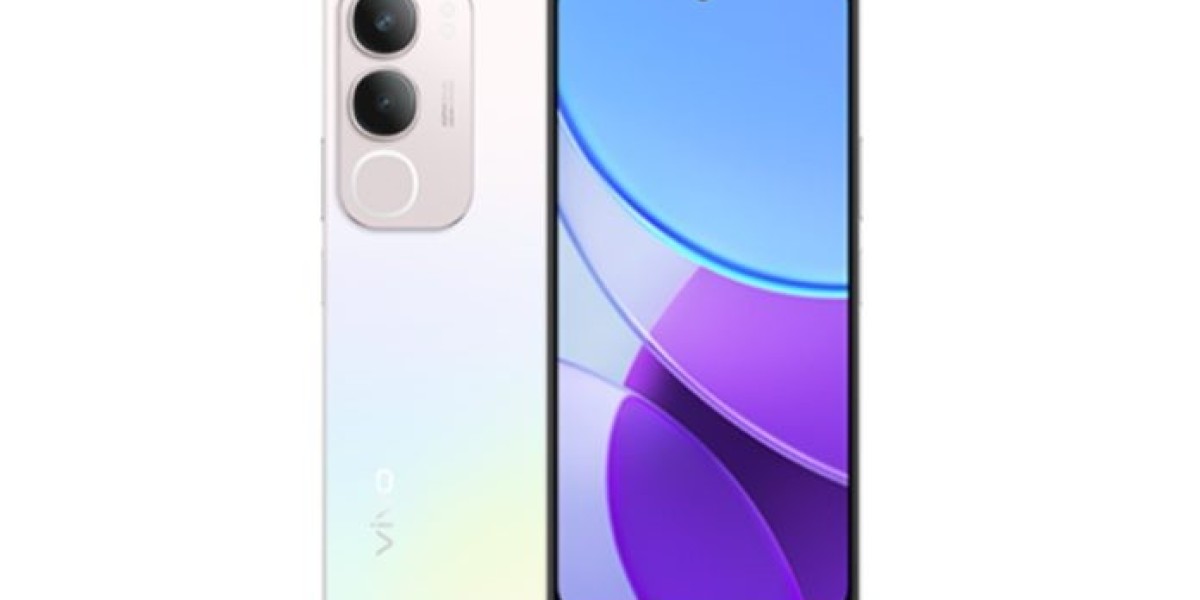Whether you're a photography enthusiast or a seasoned professional, finding the right camera is essential to capturing precious moments and creating visual masterpieces. However, with the number of options available on the market, it can be challenging to find the perfect camera to suit your specific photography style.
In this guide, we’ll explore several important aspects to consider when choosing a camera, from the different types of cameras to the technical features you should look for. We’ll help you make an informed decision so you can take your photography to the next level.
When looking for a camera that’s right for your style, it’s important to understand the features that best suit your creative needs. Below, we’ve listed the main factors to consider when choosing your camera.
Identify Your Photography Style
First of all, it’s crucial to understand what your predominant photography style is. Are you passionate about portraits, landscapes, street photography, or macro photography? Each style requires different camera features and capabilities. Be clear about your photography to ensure that the camera you choose aligns with your passions.
Choose the Right Camera Type
There are different types of cameras available on the market, such as DSLRs, Mirrorless and Compact Cameras.
DSLRs are known for their image quality and wide range of lenses available. Mirrorless cameras offer portability and high image quality without the weight of DSLRs.
Compact cameras are ideal for beginner photographers or those looking for a lighter, simpler option. Choose the type of camera that best suits your style and level of experience.
Sensor Resolution and Size
Sensor resolution and size play a crucial role in the quality of the images produced.
Cameras with larger sensors and higher resolution generally capture sharper, more detailed images.
If you plan to print your photos in large formats or need a margin for cropping, consider a camera with a higher resolution and larger sensor.
Video Capabilities
If you’re also interested in shooting videos, check out the camera’s video capabilities. Look for cameras that support video that’s tailored to your needs, such as 4K or even 8K for exceptional quality. Also, consider features like image stabilization and advanced focus options when shooting videos.
Autofocus System
To ensure you capture sharp, well-focused images, check the efficiency of your camera's autofocus system. The number of focus points and tracking speed are essential, especially when photographing moving subjects.
ISO Range and Low Light Performance
If you plan to shoot in low-light environments, consider the ISO range and low-light performance of your camera. Cameras that perform well at high ISOs can capture clearer, less noisy images in dark environments.
Ergonomics and Ease of Use
A camera that fits well in your hands and is easy to use will allow you to focus on composition and capturing images, rather than struggling with setup. Visit a local camera store and hold models in your hands to get a feel for ergonomics before making your final choice.
Durability and Weather Resistance
If you’re an adventure photographer or enjoy shooting in harsh conditions, consider a weather-resistant and rugged camera. This will ensure your camera is protected from dust, water splashes, and even extreme weather conditions.
Connectivity and Wireless Features
Features like Wi-Fi and Bluetooth make it easy to transfer images to mobile devices or computers, as well as control the camera remotely via apps. If connectivity is important to your workflow, get a camera with these features. And don’t forget to check for other perks, such as a Blue Light Discount that can help you save on your camera purchase.
Budget
Finally, set a clear budget for your new camera. Strike a balance between the features you want and the amount you’re willing to invest. Remember that a quality camera can be a long-term investment, so choose wisely. If you qualify, consider taking advantage of options like the NHS Discount Blue for added savings.
Frequently Asked Questions
What is the best camera for landscape photography?
For landscape photography, a camera with a high-resolution sensor, excellent image quality, and a wide range of lenses, such as a full-frame DSLR or Mirrorless, is recommended.
What features are important for portrait photography?
For portrait photography, the ability to control depth of field with a wide aperture and an accurate autofocus system are key. Cameras with dedicated portrait modes can also be advantageous.
What type of camera is ideal for beginners in photography?
For beginners, a compact camera or a mirrorless camera with automatic mode can be an excellent choice. They are easy to use and offer good image quality without the complexity of DSLRs.
Which camera brands are the most durable?
There are several brands of monitor cameras, such as Canon, Nikon, Sony, and Fujifilm. These brands are known for offering high-quality products and good customer support.
What is the difference between a Mirrorless camera and a DSLR?
The main difference between these types of cameras is the mirror system. DSLRs have a movable mirror that reflects light to the optical viewfinder, while Mirrorless cameras do not have this mirror, making them lighter and more compact.
How do you know if a camera is suitable for sports and action photography?
For sports and action photography, the camera must have a fast and accurate autofocus system, a fast continuous shooting rate, and good high ISO performance to capture sharp images on the move.
Conclusion
Choosing the best camera for your style is a significant decision that can directly impact the quality of your images and your experience as a photographer.
Consider your photography interests, and technical needs, and budget carefully when making your choice. Remember that the perfect camera for you may not be the same for another photographer, as each individual has their unique traits.
By following the guidelines in this guide and doing your research, you will be well-equipped to find a camera that elevates your photography skills and meets your expectations.









